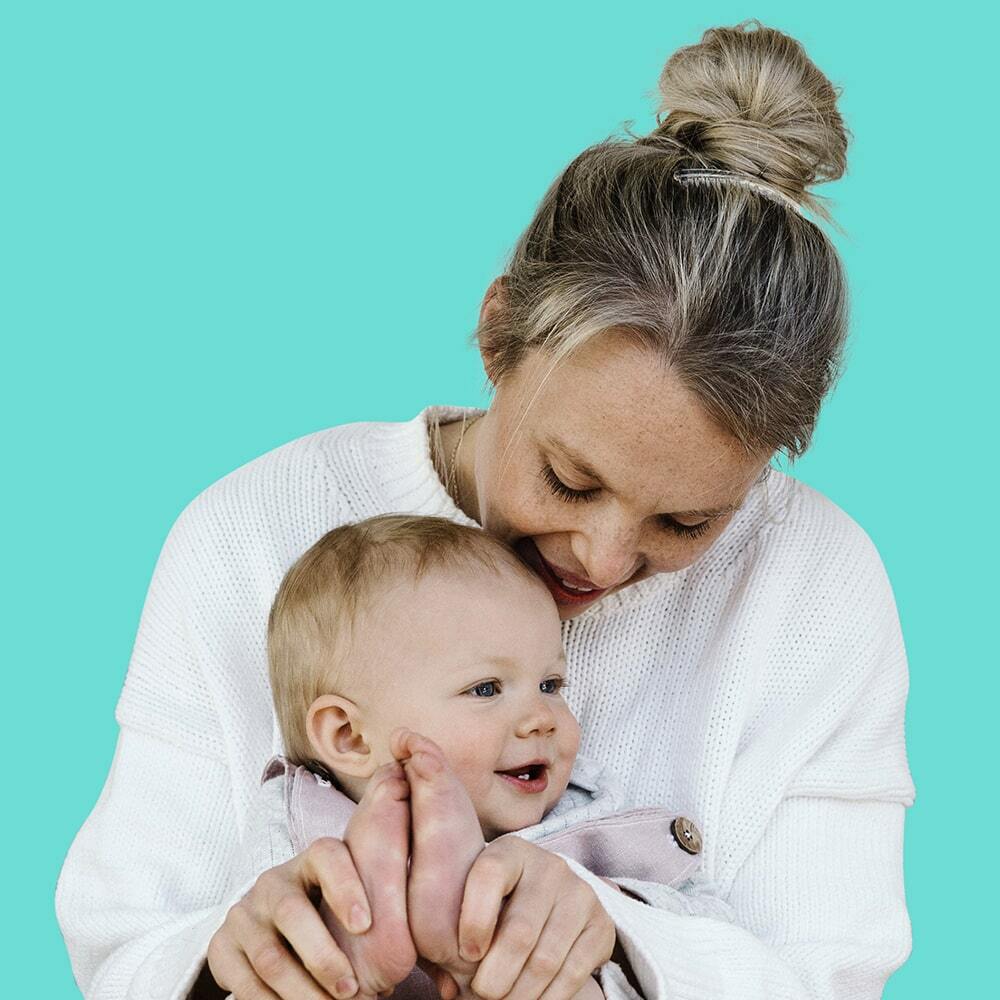Have You Been Considering Freezing Your Eggs?
24 June 2021

24 June 2021

More and more women are considering freezing their eggs. It’s powerful to make proactive choices for your future fertility. At Monash IVF, we understand that every woman’s life looks different at different stages – you might be pursuing a career, or travelling the world, or maybe you haven’t found the special person that you want to start a family with yet. You might have decided that you’re ready to bring a baby into the world on your own (solo IVF is more common than ever). Some women have medical circumstances, which can affect ovulation, such as endometriosis, early menopause, or genetic conditions. And women undergoing chemotherapy often need to consider freezing eggs before treatment.
There are so many reasons you might consider putting your options on ice for a couple of years. Luckily, developments in reproductive technology means that assisted fertility preservation is now more effective and accessible. The team at Monash IVF have been at the forefront of cutting-edge fertility treatments for nearly 50 years. In 1983, we achieved the first birth from a frozen embryo, and we’ve never looked back; we’re experts in the field of fertility who are devoted to helping our patients bring babies home through our world-leading scientific innovations.
Female fertility decreases with age. It starts to decline significantly after 30, and sharply after 35. Eggs reduce in quality and quantity as a part of this process. Essentially, it gets harder and harder to get pregnant naturally the older you get. IVF can be helpful, but the treatment has a greater chance of success with healthy eggs. Using eggs frozen during your period of maximum fertility can increase your chance of having a biological child. This means that the younger you are when you freeze them, the higher your likelihood of later pregnancy.
Before an egg freezing treatment cycle, you’ll consult with a fertility specialist and during the treatment cycle be supported by a specialist fertility nurse, take medication to stimulate your ovaries and undergo a short procedure in hospital where your eggs will be collected. Our team of skilled scientists will then carefully freeze the mature oocytes.
The cost of freezing eggs will depend on your particular circumstances. If it’s a medical necessity, Medicare will offer a partial rebate that reduces some of your out-of-pocket costs. Unfortunately, Medicare doesn’t cover non-medical egg freezing treatment cycles. However, some premium private healthcare plans can cover some of the costs. If you’d like to discuss this more, our free nurse chatsare a way of accessing experienced financial advice tailored to your situation.
It’s hard to put a price on time; when you freeze your eggs, you’re investing in giving yourself the chance to create the best possible circumstances for your family. The team at Monash IVF are fertility specialists who are here to support you every step of the way.
If you’d like to learn more about Monash IVF’s fertility preservation options, have a read over our Egg Freezing information page or get in contact with our team.

Wherever you are on your journey, one of our supportive nurse enquiry team members can help you understand your options and take the next step. These conversations are free and informative.